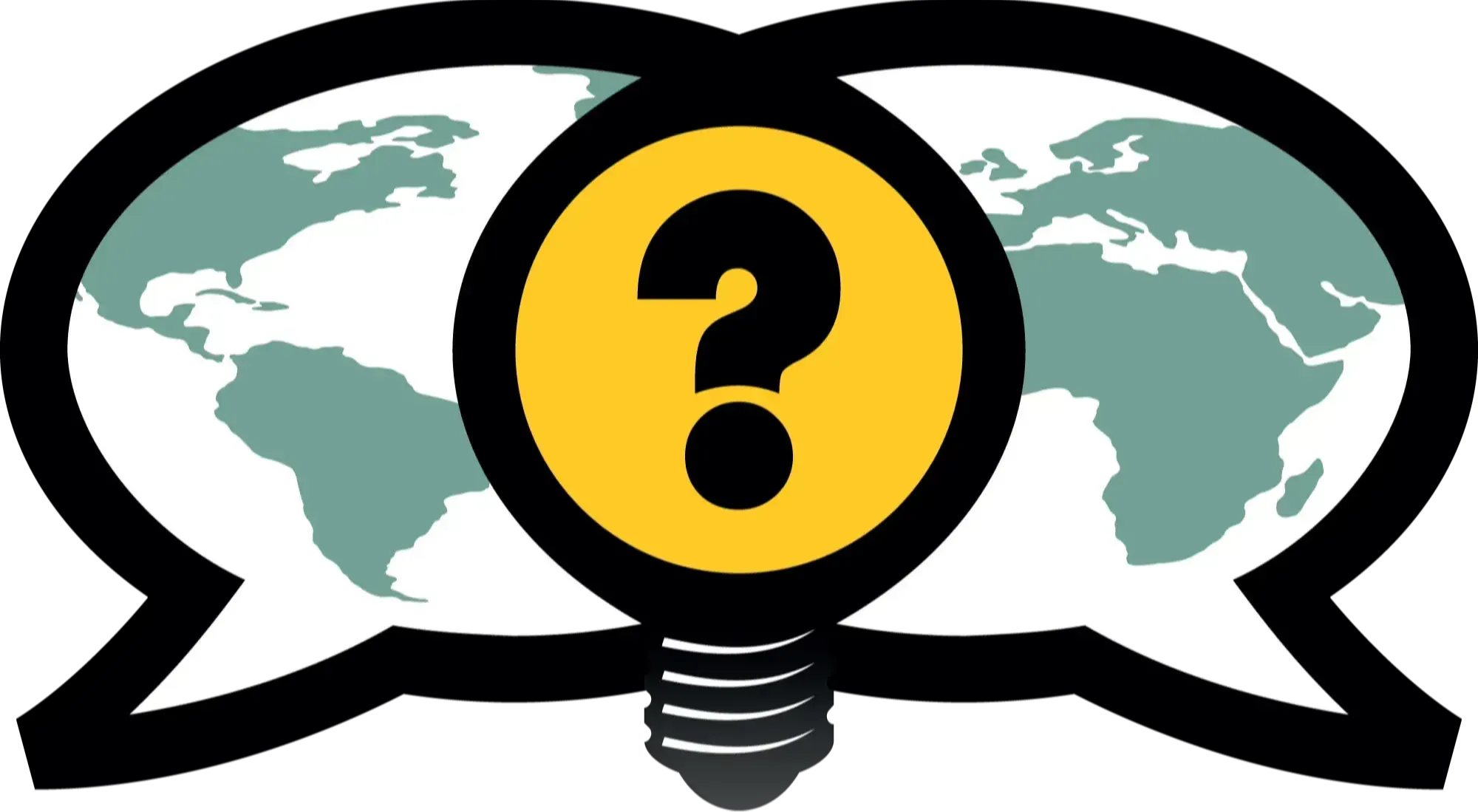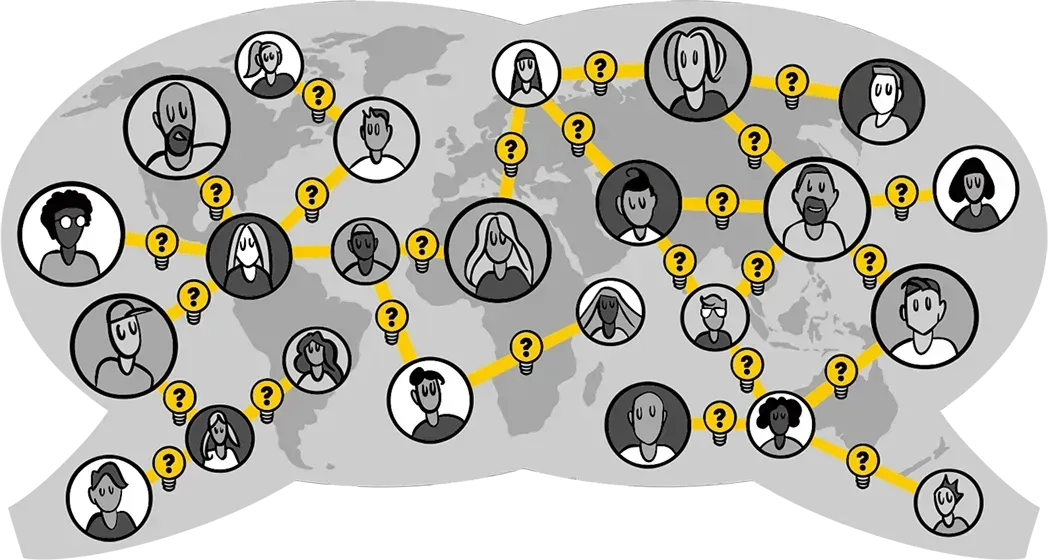David McRaney and Navigating Beliefs
Exploring the Intersection of Belief Change, Critical Thinking, and Persuasion

David McRaney’s Influence on Navigating Beliefs
David McRaney, the author of How Minds Change and host of the You Are Not So Smart podcast, has played a pivotal role in shaping discussions around belief change. His work aligns closely with the principles of Navigating Beliefs (NB), particularly in how we approach belief systems, challenge assumptions, and foster critical thinking.
In How Minds Change, McRaney delves into the psychology behind belief persistence and the tactics for changing someone’s mind. NB practitioners often utilize these same principles, especially when addressing cognitive biases and engaging in respectful dialogue. Explore the methods and principles shared between NB and McRaney’s work in our FAQ section, which delves into belief change and critical thinking strategies.
Find the Best Fit for You
You've landed on a page about Navigating Beliefs, a method to help people reflect on the quality of their reasoning through civil conversation. Take our free self-paced course at NavigatingBeliefs.com or learn more about the organization behind these world changing projects.

Navigating
Beliefs
You've arrived at Navigating Beliefs—a new name for the approach born out of Street Epistemology. Although our name has changed, our vision remains the same: A more rational world through civil conversations.

Street Epistemology
International
The organization behind the development of the Navigating Beliefs course, supporting the Navigating Beliefs method and offers resources for critical thinking and civil conversation.
Critical Thinking, Cognitive Bias, and the Socratic Method

David McRaney's Work on Belief Change and NB
David McRaney’s work focuses heavily on the cognitive science behind how we change our beliefs and how we can use critical thinking to challenge assumptions. In How Minds Change, McRaney highlights the role of cognitive biases in maintaining rigid beliefs and how to overcome them through thoughtful questioning and open dialogue. These techniques are at the core of Navigating Beliefs, where the Socratic method and critical thinking are central to examining deeply held beliefs.
McRaney’s exploration of persuasion techniques in You Are Not So Smart and his discussions on belief change in How Minds Change offer practical tools for NB practitioners. Whether discussing how to introduce skepticism in conversations or employing reflective thinking to dismantle false claims, applying thoughtful strategies ensures productive and meaningful dialogue. McRaney’s insights provide a powerful complement to NB practices.
How Minds Change and Its Influence on SE Practices
In How Minds Change, McRaney gives examples that align with SE’s approach to belief exploration and deconstruction. The book discusses various psychological tools and belief change frameworks that SE practitioners can use to refine their questioning techniques and challenge assumptions more effectively. McRaney’s focus on building rapport, fostering empathy, and encouraging reflection mirrors SE’s core values of promoting productive dialogue and genuine understanding.
SE-inspired techniques explored by McRaney in his book and podcast episodes provide valuable insight into how belief change can be achieved without confrontation. This non-confrontational approach is a hallmark of SE, and McRaney’s work offers compelling examples that can be applied to everyday discussions on difficult topics. Explore these concepts further through teaching resources designed to support SE practitioners.

Free Learning Course to Explore Belief Change
Ready to dive into belief change strategies like David McRaney? The Navigating Beliefs course provides a comprehensive, accessible way to learn the techniques of Navigating Beliefs, combining critical thinking and empathy to foster productive conversations and change beliefs effectively.
GO TO COURSE ➔


